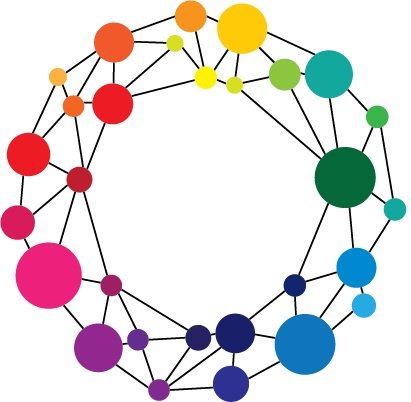SEL: A key to maximizing the personal potential of young people.
Social learning and emotional learning, commonly referred to as SEL, is the process through which children and adults understand and manage emotions, set and achieve positive goals, feel and show empathy for others, establish and maintain positive relationships, and make responsible decisions.
Forms of SEL
Personally Responsible SEL – Exemplifies good character and is generally helpful in his/her community.
Participatory SEL – Actively engaged in clubs and organizations.
Transformative (Justice-Oriented) SEL – Critically analyzes socio political forces, racialized context, and takes action to fight injustice.
A process whereby young people and adults build strong, respectful and lasting relationships that facilitate co-learning to critically examine root causes of inequity and to develop collaborative solutions that lead to personal, community and societal well-being.
Self-awareness – racial, classed, gendered identities
Self-management – collective agency
Social awareness – belonging
Relationship skills – collaboration/co-construction
Responsible decision-making – distributive justice/collective well-being
Social emotional learning offers the possibility of acknowledging, addressing, and healing from the ways we have all been impacted by racism and systemic oppression and to create inclusive, liberatory learning environments in which students of color and students living in poverty experience a sense of belonging, agency to shape the content and process of their learning, and thrive. This potential will only be realized if we intentionally prioritize educational equity and belonging as a primary goal of social-emotional learning and strategically apply what we know from research on the effects of race and racism, the relationship between culture and learning, and the neuroscience of healthy brain development.
Source: National Equity Project
Why is SEL Skill building important?
Youth need an array of tools and skills — such as self-awareness, goal setting, and positive decision making, to achieve success in school, at home and in life. With this in mind, The Opportunity Project collaboratively prepares adults to embed these skills in learning experiences across schools, communities and homes. Social and Emotional skill building will inspire youth and adults to be productive and engaged citizens equipped to create hospitable neighborhoods, economically successful communities, healthy families and a thriving Tulsa.

